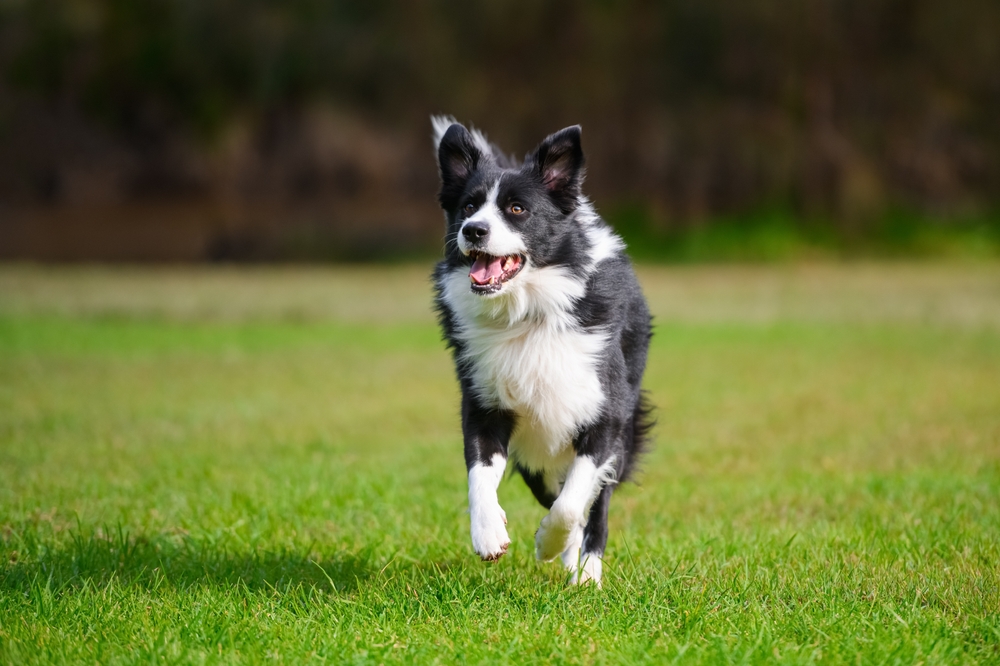
As a pet owner, keeping your dog healthy and happy is a top priority. However, some conditions can develop suddenly and without warning, posing a severe threat to your dog’s life. One of the most dangerous conditions to be aware of is bloat, also known as gastric dilatation-volvulus (GDV). This silent killer requires immediate medical attention and can escalate rapidly.
What Is Bloat?
Bloat occurs when a dog’s stomach fills with gas, food, or fluid, causing it to expand. In severe cases, the stomach can twist, cutting off blood supply to vital organs and trapping gas and contents inside. This twist, known as volvulus, can lead to shock and even death if not treated quickly.
Breeds at Higher Risk
While bloat can occur in any breed, certain dogs are more predisposed due to their body structure. Deep-chested breeds such as:
Great Danes
German Shepherds
Boxers
Standard Poodles
Additionally, older dogs and those with a family history of bloat may also have increased susceptibility.
Recognizing the Symptoms
Bloat often develops quickly, making it essential to act fast if you suspect your dog is experiencing it. Common symptoms include:
Swollen or distended abdomen
Unproductive retching or attempts to vomit
Excessive drooling
Restlessness or pacing
Rapid breathing or difficulty breathing
Weakness or collapse
If your dog displays any of these signs, contact your veterinarian or an emergency animal clinic immediately.
Prevention Tips
While bloat isn’t entirely preventable, you can reduce the risk by:
Feeding smaller, more frequent meals. Avoid giving one large meal per day.
Using a slow feeder bowl. This can prevent your dog from eating too quickly.
Limiting activity after meals. Give your dog at least an hour of rest after eating.
Reducing stress. Create a calm environment during meal times.
Consider preventive surgery. For high-risk breeds, a gastropexy (surgical stomach-tacking procedure) can help prevent the stomach from twisting.
Compassionate Care When You Need It Most
At the Animal Emergency Center of Killeen, we understand how terrifying it can be to face a life-threatening condition like bloat. Our team is here to provide rapid, compassionate care to ensure the best outcome for your dog.
If you suspect your dog is experiencing bloat, contact Animal Emergency Center of Killeen at (254) 628-5017 immediately.










